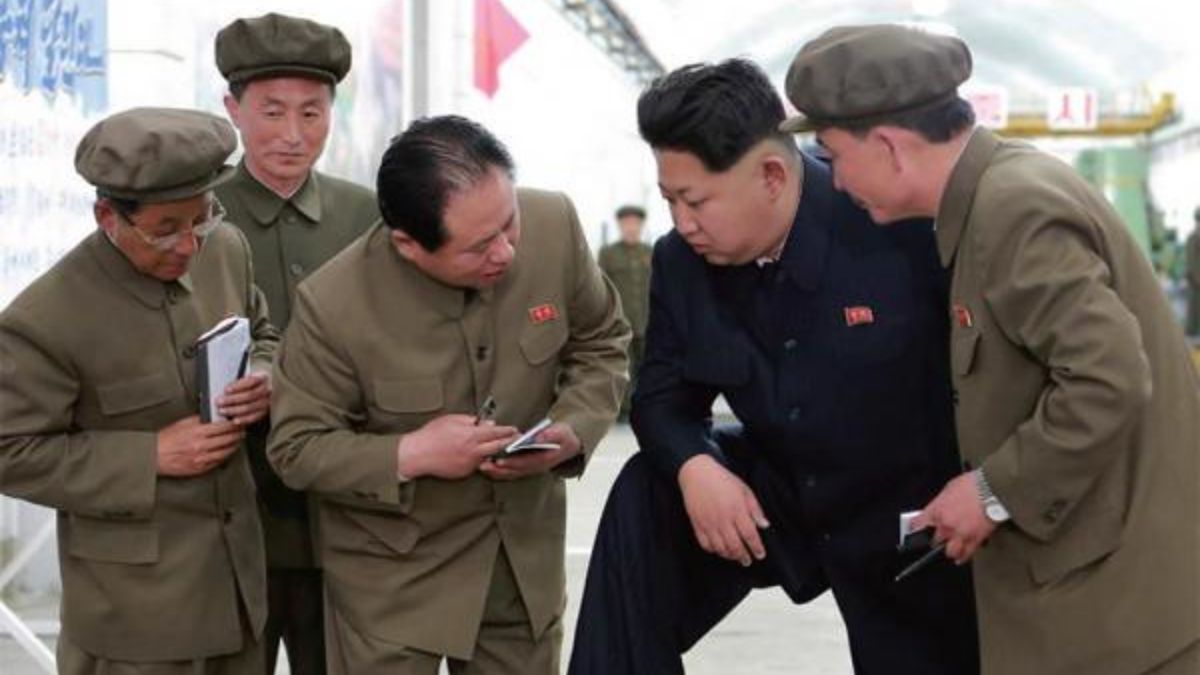In the wake of ongoing floods that have severely impacted parts of North Korea, the government is using the disaster as an opportunity to increase praise for Kim Jong Un. Loudspeakers throughout the country broadcast messages twice daily, extolling Kim’s leadership and encouraging citizens to redouble their recovery efforts. The relentless messaging has left many North Koreans physically and emotionally drained, as the regime maintains tight control over any public dissent.
The floods, which began in late July, caused significant destruction, particularly in the northwest regions near the Chinese border. According to North Korean state media, over 4,000 homes and thousands of acres of farmland were submerged, while infrastructure including roads and railways suffered heavy damage. Despite the scale of the disaster, Kim has rejected offers of international aid from countries such as China and Russia, opting instead to emphasize the regime’s principle of self-reliance.
Kim Jong Un has been portrayed as a hands-on leader in state media, with reports crediting him for personally overseeing rescue operations that saved thousands of citizens. However, the North Korean leader also publicly criticized local officials for failing to heed his warnings about disaster preparedness, blaming their incompetence for avoidable casualties.
While the regime focuses on projecting strength and resilience, reports suggest that citizens are feeling the strain of constant government messaging. Twice daily, the loudspeakers blare not only recovery updates but also effusive praise for Kim, contributing to growing fatigue among the population. Despite their exhaustion, open criticism remains unthinkable in the tightly controlled state.
International observers believe the situation may be far worse than North Korea has admitted. Although official figures do not mention casualties, some estimates place the death toll above 1,000. Despite this, North Korea has turned away foreign assistance, with Kim reiterating his commitment to rebuilding the affected regions within two to three months while relocating displaced residents to temporary housing in Pyongyang.

